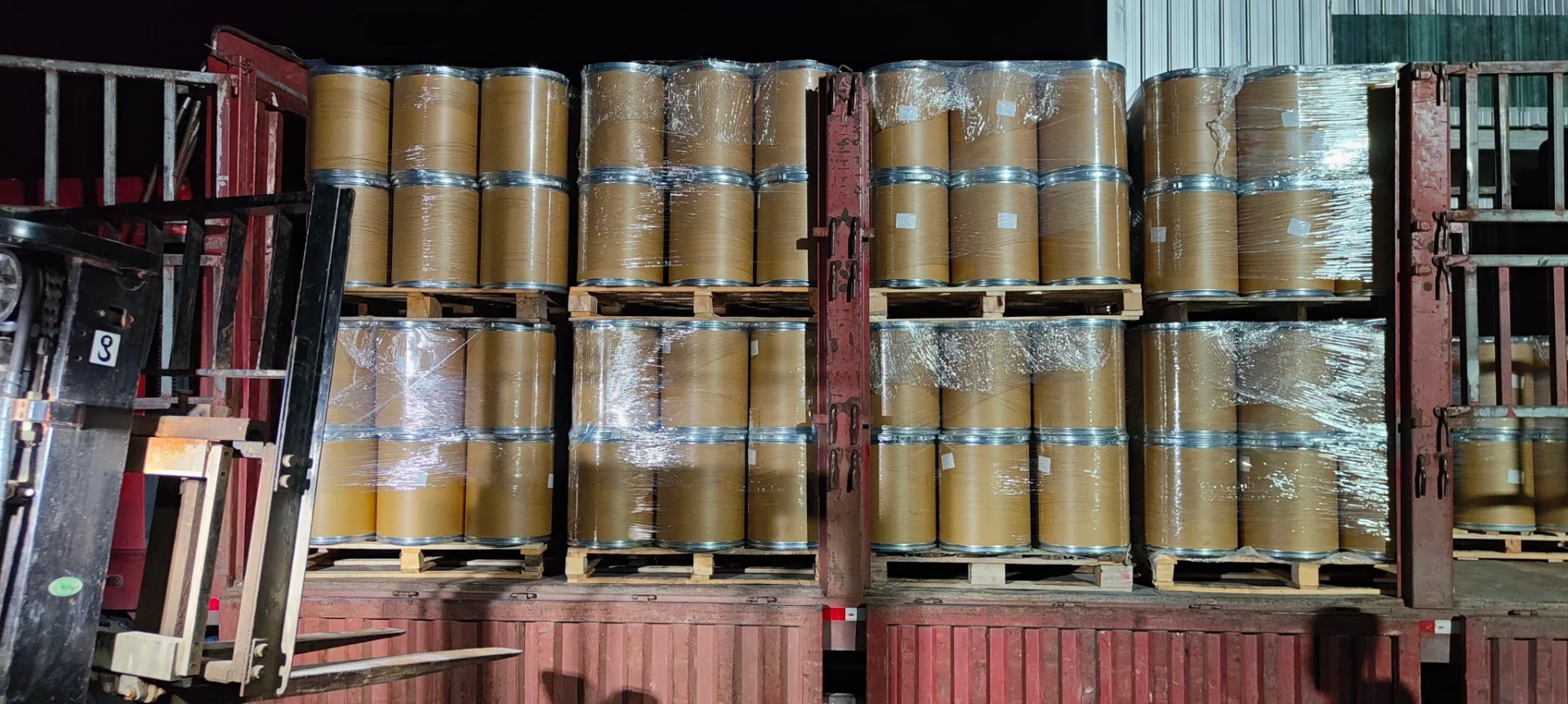The API Pharma Manufacturing Process A Comprehensive Overview
Active Pharmaceutical Ingredients (APIs) are the crucial components in the production of medications that exhibit therapeutic effects. The manufacturing process of APIs is a complex and meticulously regulated operation that ensures the highest quality and efficacy of pharmaceutical products. This article delves into the API manufacturing process, highlighting its significance, methodologies, and the challenges faced by manufacturers.
Understanding APIs
APIs are the biologically active component of a drug that generates the intended effect in patients. Every medication contains an API, which can be derived from natural sources, such as plants and animals, or synthesized chemically. The purity and composition of APIs are vital since they directly influence the safety and effectiveness of the final pharmaceutical product.
The Manufacturing Process
The API manufacturing process can generally be broken down into several key stages
1. Research and Development (R&D) The journey begins with R&D, where pharmaceutical companies explore various compounds to identify potential APIs. This stage involves extensive testing through phases like preclinical and clinical trials to ascertain the efficacy and safety of the API.
2. Sourcing Raw Materials Quality raw materials are essential for API production. Manufacturers must source them from reliable suppliers to ensure consistency in the final product. The selection process usually involves stringent evaluations to comply with regulatory standards.
3. Synthesis or Extraction The actual manufacturing process begins here, which can follow two main routes - Chemical Synthesis This method involves complex chemical reactions to produce APIs from simpler chemical starting materials. Synthesis routes are optimized to enhance efficiency, reduce costs, and minimize waste. - Biotechnological Processes For some APIs, especially biologics, fermentation and cell culture techniques are employed. This involves cultivating microorganisms or cells under controlled conditions to produce the desired compounds.
4. Purification After synthesis or extraction, the API must be purified to remove any impurities that could affect its safety and efficacy. Common purification techniques include crystallization, distillation, and chromatography. The choice of purification method depends on the nature of the API and the impurities present.
api pharma manufacturing process

5. Quality Control (QC) Quality control is a critical aspect of the API manufacturing process. Manufacturers must adhere to Good Manufacturing Practices (GMP) and regulatory guidelines. QC involves comprehensive testing of the API at various stages to ensure it meets predefined specifications, including its identity, purity, potency, and quality.
6. Packaging and Storage Once the API has passed QC tests, it is carefully packaged for distribution. Proper storage conditions are essential to maintain the stability and integrity of the API prior to its incorporation into final pharmaceutical formulations.
Regulatory Approval
The API manufacturing process is subject to stringent regulations imposed by bodies such as the Food and Drug Administration (FDA) and the European Medicines Agency (EMA). Regulatory compliance ensures that the APIs produced are safe for human consumption and meet the therapeutic claims made by pharmaceutical manufacturers. Before an API can be marketed, it must undergo an elaborate review process, which includes submitting detailed documentation on the manufacturing process, quality control measures, and clinical data supporting its efficacy.
Challenges in API Manufacturing
The API manufacturing industry faces several challenges, including
- Cost Pressures The high cost of R&D and manufacturing processes can strain profitability, especially for smaller companies. - Regulatory Compliance Navigating the complex landscape of global regulatory requirements can be daunting and necessitates a strong focus on quality and documentation. - Supply Chain Disruptions Sourcing quality raw materials can be unpredictable, and disruptions in the supply chain can impact production timelines. - Technological Advancements As new manufacturing technologies emerge, companies are compelled to adapt to remain competitive, which may require significant investment.
Conclusion
The API manufacturing process is a vital aspect of the pharmaceutical industry, ensuring that medications are safe, effective, and high-quality. As the industry evolves, addressing challenges through innovation and rigorous quality control will be essential for the ongoing development of new therapies that improve patient outcomes. With a deep understanding of the API manufacturing process, stakeholders can contribute to a future where access to effective medicines continues to grow.

